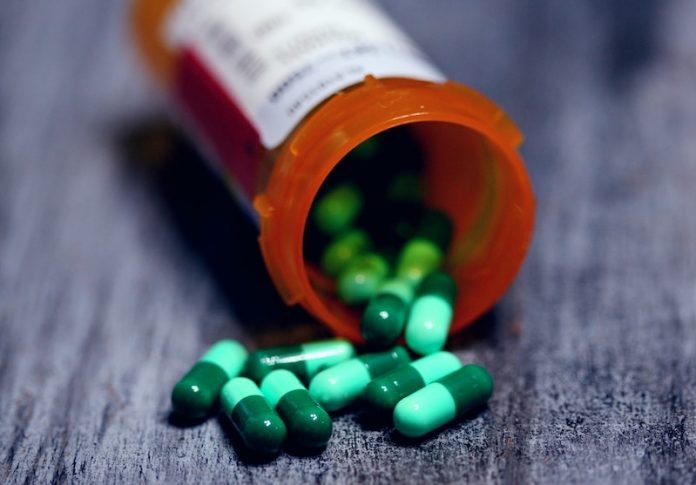
In a new study, researchers found that there is a clear link between improved gut microbiota and one of our most common cholesterol-lowering drug groups: statins.
The research was conducted by a team from the University of Gothenburg and elsewhere.
Scientists have previously found an association between the gut microbiota and various metabolism-related and heart diseases.
In the study, the team aimed to clarify whether and how gut microbiota may be linked to heart disease.
More than 2,000 Europeans with varying degrees of metabolic and heart disease were examined.
The team found improvement in gut microbiota in the participant group who were taking statins.
The gut microbiota is divided into various main groups, known as enterotypes, that vary among individuals.
One of these, labeled Bact2, has fewer bacteria in terms of number and composition alike.
Microbes lacking in Bact2 include anti-inflammatory bacteria like Faecalibacterium, one effect of which is to strengthen the immune system.
Bact2 is more common in patients with inflammatory bowel disease (IBD), multiple sclerosis, and depression.
In the current study, the scientists found Bact2 was much more prevalent in patients with obesity (18%) than people without it (4%).
The positive effect of statins was that the proportion of individuals with Bact2 decreased in the group given statin therapy, resulting in more normal gut microbiota.
Together, the various study findings open up for new forms of treatment in the future, in which drugs can be used to alter the gut microbiota.
Future work will study whether statins affect bacteria in the gut directly or whether these drugs affect both gut and immune cells that, in turn, help modify the microbiota.
One author of the study is Bäckhed, Professor of Molecular Medicine at Sahlgrenska Academy.
The study is published in Nature.
Copyright © 2020 Knowridge Science Report. All rights reserved.



